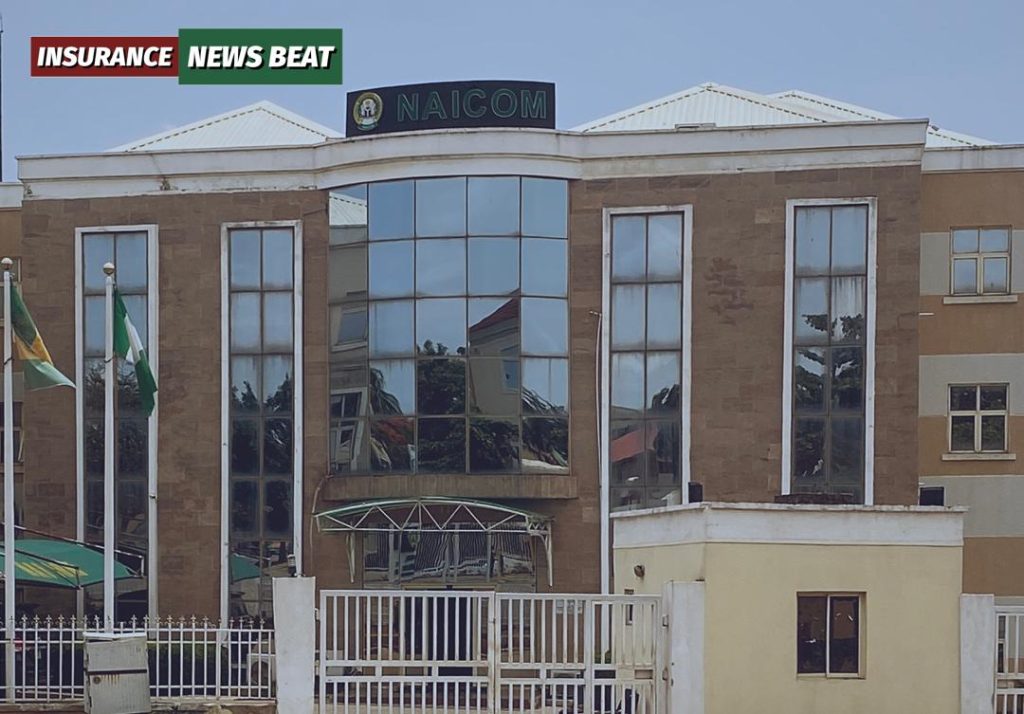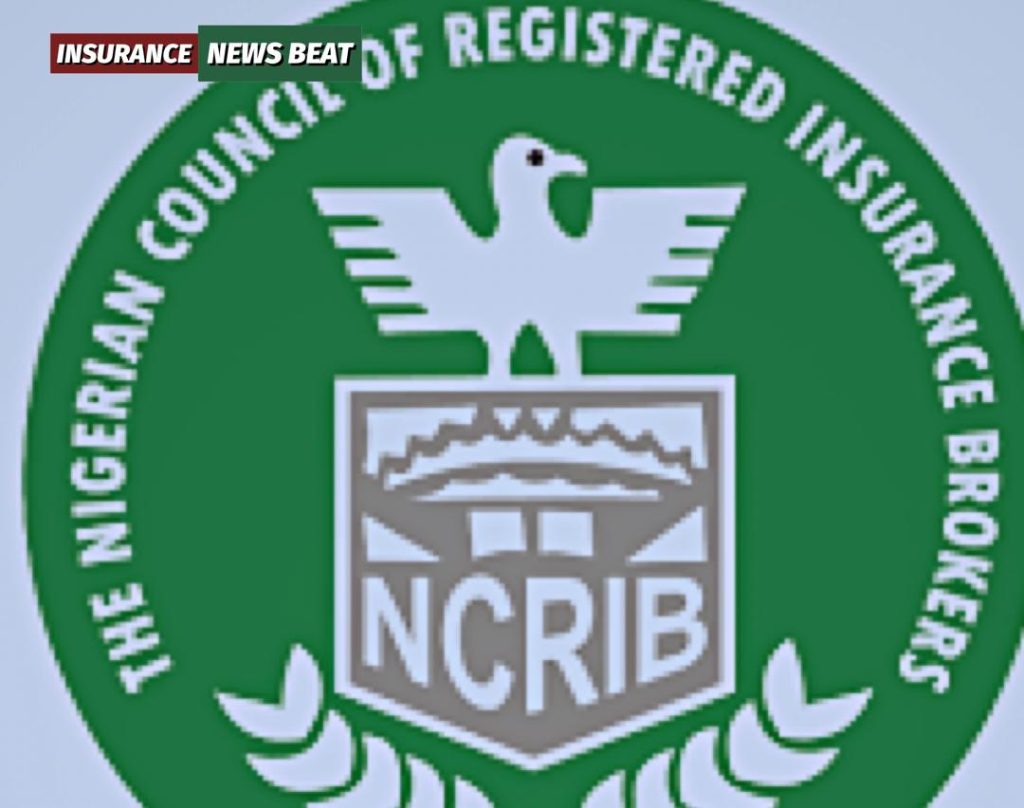In a strong rebuttal to claims questioning the capacity of Nigerian insurance companies to underwrite aviation risks, stakeholders from the insurance sector, led by the National Insurance Commission (NAICOM), have asserted that the industry is fully equipped to provide comprehensive coverage for the aviation business in Nigeria.
During the fourth CHINET Aviacargo Conference held in Lagos, the Commissioner for Insurance and CEO of NAICOM, Mr. Olusegun Ayo Omosehin, alongside other key players in the insurance sector, addressed concerns about the ability of local insurers to manage the risks associated with aircraft acquisition and aviation operations.
Also read Omosehin: Stronger Legal Framework Crucial for Robust Insurance Regulation in Nigeria
The event, which brought together leaders in aviation, cargo business, and insurance regulators, aimed to clarify the misconceptions and highlight the sector’s readiness and competence.
Omosehin dismissed the notion that Nigerian insurance companies lack the capacity to insure aviation businesses, emphasizing that there is no controversy regarding their capabilities. He pointed out that Nigeria has 29 aviation underwriters regulated by NAICOM, all of which comply with the regulations set by the Nigerian Civil Aviation Authority (NCAA).
He assured airline operators and stakeholders that their risks are being effectively insured within Nigeria, stating, “Every year, by January, we review the reinsurance treaties of every underwriter in this market to ensure they meet global standards, and it is on that basis that we approve their treaties and allow them to operate.”
The controversy arose from arguments by airline operators suggesting that the collective capacity of Nigerian insurance companies was insufficient to provide full insurance for a single aircraft.
However, Omosehin, supported by other industry leaders such as Jimalex Orjiakor, Executive Director of Operations at Consolidated Hallmark Insurance, and Chief Babajide Olatunde-Agbeja, Chairman of Boff and Company Insurance Brokers, clarified that reinsurance—a standard practice globally—ensures that these risks are adequately managed.
Omosehin further highlighted the importance of the reinsurance industry in supporting catastrophic risks and maintaining financial stability, particularly in the aviation sector. He stressed that despite the international nature of aviation business, local insurance professionals are crucial in understanding the risk profiles and patterns unique to Nigeria, ensuring that the best interests of the insuring public and businesses are protected.
The Commissioner also discussed NAICOM’s Prudential Regulations, which set minimum standards for underwriting, reinsurance, investments, and outsourcing in the aviation sector. These guidelines ensure that aviation insurance transactions are conducted with contract certainty and that all policies meet the minimum passenger liability limits as required by the NCAA.
Omosehin concluded by appealing to stakeholders in the aviation industry to collaborate for the collective growth of the economy, emphasizing that the role of insurance extends beyond financial protection to being a critical component of economic stability. He reaffirmed NAICOM’s commitment to ensuring the soundness of the insurance sector and safeguarding the interests of policyholders.
This strong stance from NAICOM and other insurance stakeholders is expected to bolster confidence in the Nigerian insurance industry, particularly in its ability to handle the complexities of the aviation sector.




